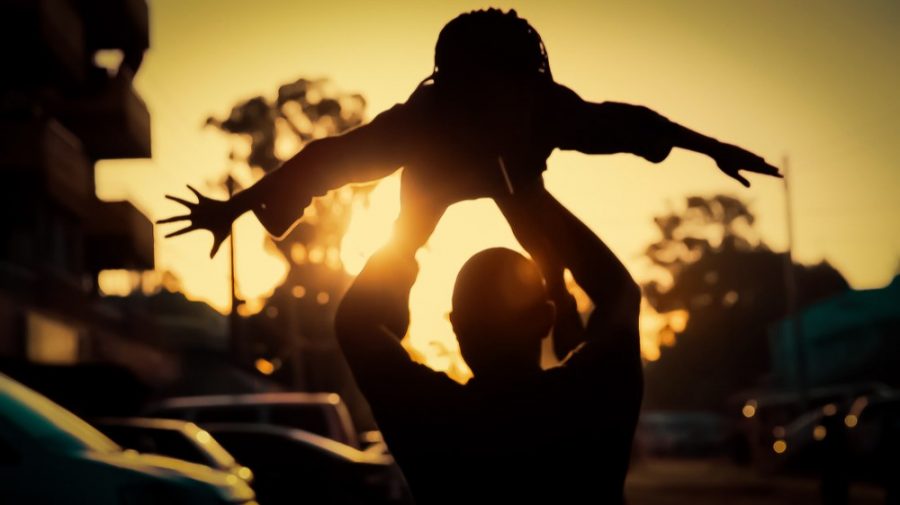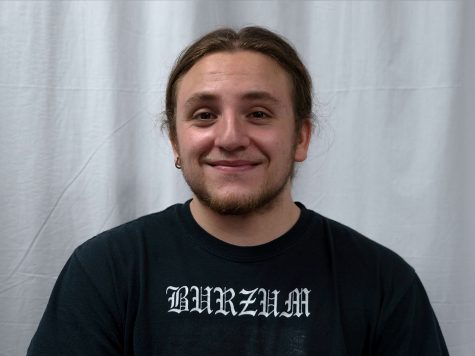For all those hopeful activists longing for change, in a year where our current systems are being questioned, one need not look further than Sam Soko’s documentary “Softie.”
In collaboration with Peralta Community College, on Nov. 18, Santa Rosa Junior College hosted a film screening of “Softie” as part of International Education Week. The movie documents the story of Boniface “Softie” Mwangi, a Kenyan photojournalist who turned into one of Kenya’s most daring activists and eventually ran for local parliament.
The documentary opens up with the introduction of Mwangi and his family. Mwangi, a family man and activist, has to juggle fighting for a better future for his wife and three children and his responsibility to those around him. When his little girl asks where he was going, he responds, “I’m going to topple the government.”
From humble beginnings, Mwangi picked up the nickname “Softie” due to his stature and demeanor. Living through poverty shaped his views for a better Kenya.
“I was born poor. I grew up poor,” he said. “I want better for my country, a country where everyone has a decent shot at life. Doesn’t matter if you’re poor, doesn’t matter what tribe or what gender. That you matter to this country. That this country knows you exist.”
The film details Mwangi’s career path from photojournalist to a parliamentary seat hopeful. As a photojournalist, he saw firsthand the perils of tribal conflict the country was experiencing and the inability of politicians to halt tensions and subsequently enact repression to political dissidents calling out the hypocrisy of the government.
Looking back to his time as a journalist, Mwangi said, “Every day I covered violence, and every day I got more pissed and more pissed. About seven to eight months later, I quit my job. I was like, I can’t stand politicians. I can’t stand the hypocrisy.”
Mwangi subsequently became an activist and would later run for political office in the city he grew up in. During the race, he would not endorse any presidential candidate.
Director Sam Soko provides viewers with a look into Kenya’s past and how it permeates its current political landscape. Previously a British colony, Kenya became independent in 1963, however, colonial rhetoric still thrives in Kenyan society. Its population was originally split into ethnic groups by the British to hold control over the region.
“Imagine you are the British and you come across a country in Africa. Very warm, and very good looking. How do I conquer the people? You divide them among tribes,” Mwangi said.
This colonial rhetoric still controls politics within Kenya today.
“Softie” also exposes how the two ruling and defunct political parties fortify this colonial notion, by focusing on the identity of tribal ancestry rather than social or economic reform that could help the country move forward.
“The identity in Kenyan politics is not nationalism, patriotism, core values, a bigger vision for a better Kenya. The identity of this country is tribe,” he said. “The British planted the seed of tribalism, but the first government of this country—and subsequent governments—watered the seeds of tribalism and made it prosper.”
A film like “Softie” expresses an important message in a time of social consciousness as we are experiencing now. Kenya might seem like a faraway place for an SRJC student, but the hopes that Mwangi and SRJC students share aren’t so different.
As a global community, people around the globe are asking questions pertaining to the current systems we hold—from the Black Lives Matter movement to the indigenous uprising in Bolivia to Mwangi’s fight for a better Kenya, all share the hope for a better future.
View the film here for free on PBS.




